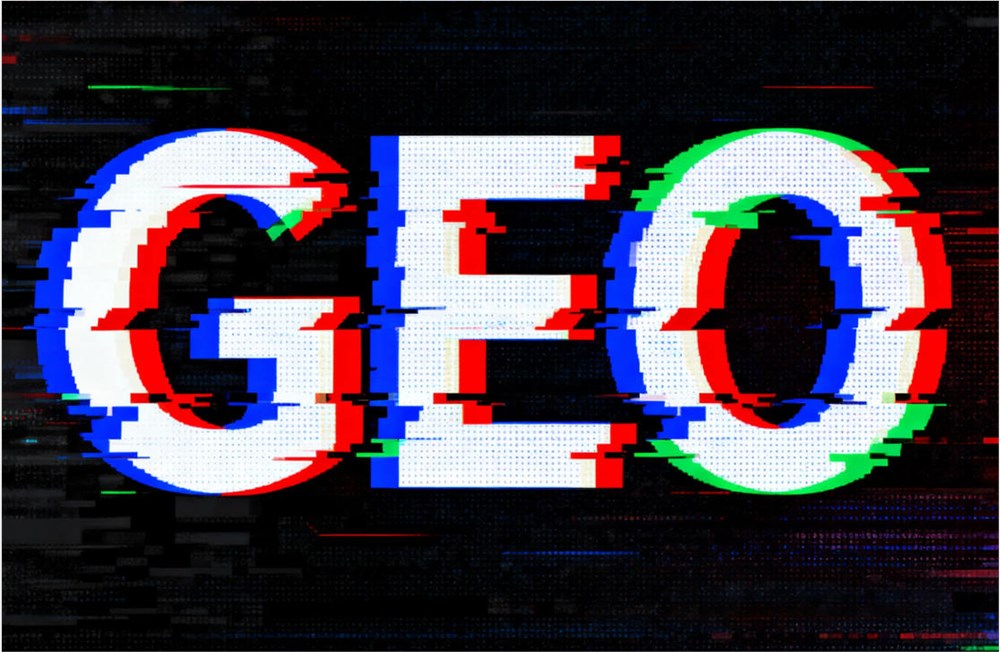Browser developers and Google search alternative Brave announced on Monday a new feature called Ask Brave for its AI-powered search suite, which provides detailed answers on a topic based on the query.
The search company stated that this new feature will coexist with the AI Answers feature launched last year, which provides concise summary responses to search queries. The company revealed that users currently receive over 15 million AI answers per day.
Using Ask Brave does not require switching to a special mode. The search engine automatically identifies the type of query and responds accordingly. Users can start a search by clicking the question button next to the Brave search box, or they can click the Ask tag on the search results page to convert a regular search into an AI search. If Brave is set as the default search engine, adding double question marks ("??") after the query will launch Ask Brave search.
Josep M. Pujol, head of Brave Search, said in a statement: "AI Answers provide users with quick summaries, while Ask Brave offers longer answers, follow-up questions, and a chat mode that enhances in-depth research. Most importantly, it delivers contextually relevant rich content such as videos, news articles, products, businesses, and shopping at the right place and time. Search makes this possible, and large language models bring it all together. We expect Ask Brave to generate millions of AI-driven answers daily through this powerful combination of search and chat."
The answer format of Ask Brave is more similar to the report format of ChatGPT or Perplexity, including links, videos, and image carousels. After obtaining an answer, users can ask the AI chatbot to convert the answer into different formats or ask follow-up questions.
Brave said it will use its own API to ensure the accuracy of search results and perform in-depth research on specific queries.
AI-powered Q&A features are becoming increasingly integrated into various search experiences. Google has expanded its AI mode to multiple languages and completed the global rollout of Spanish last week. Brave's feature is similar but includes a commitment to privacy protection. The company encrypts user chat records and deletes them after 24 hours of inactivity.
From a market competition perspective, Brave's move further solidifies its differentiated positioning in the AI search field. In the context where giants like Google, Microsoft Bing, and OpenAI are launching AI search features, Brave's emphasis on privacy protection may become a key advantage in attracting specific user groups. This feature integrates deep research capabilities with multimedia content, aiming to find a balance between answer quality and user experience.










